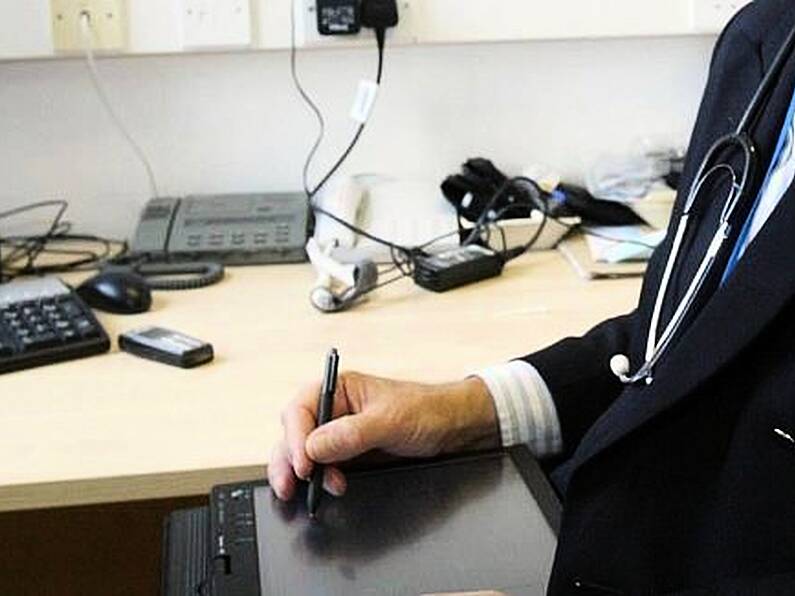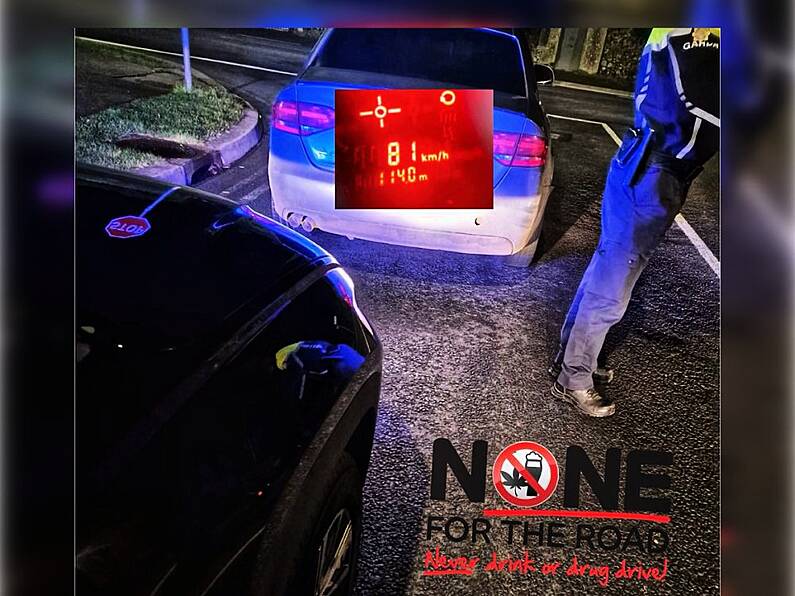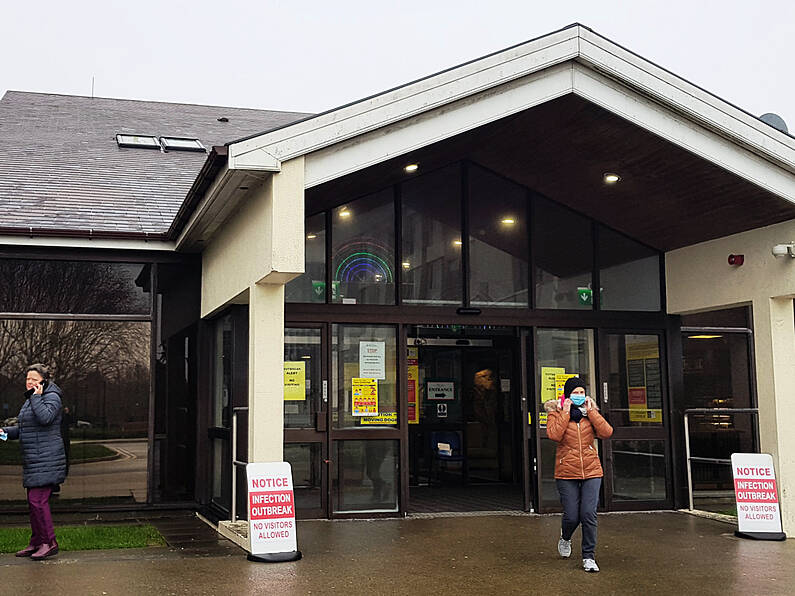The Government's response to claims about the state of University Hospital Waterford's mortuary has been described as "alarming" by a group representing over 90% of hospital consultants.
The Irish Hospital Consultants Association said it fully supported the consultant pathologists in UHW who last October wrote to the South/South West Hospital Group's chief executive about the need to address inadequate facilities in the hospital's mortuary.
IHCA president, Dr Donal O'Hanlon said: “The response in recent days from health service management and the Government is disappointing as it has not focused on the risk and concerns highlighted by the consultant pathologists.
“The consultant pathologists in Waterford have repeatedly highlighted their genuine concerns about University Hospital Waterford's mortuary facilities to management over a lengthy period. The response by Government to question the validity of these concerns rather than taking the issue in a much more timely manner is disappointing.”
After the Government's special cabinet meeting in Cork, Taoiseach Leo Varadkar said there was a dispute about the facts.
The consultants had claimed in a letter that most deceased people were on trolleys and decomposing but the hospital group said there was no evidence to support that.
The Taoiseach claims a letter from the four consultants is not proof of the poor conditions at the mortuary there, and he has denied calling the consultants liars, but said the facts need to be established.
Mr Varadkar said: "What I said was a statement of fact, there is a dispute about what the true facts are. The claim in the letter is that most deceased people were on trolleys and decomposing, that's what was claimed.
"It seems now that the picture may be a little more different to that and the hospital group has said that there isn't any evidence to support that claim.
Mr Varadkar said the issue needed to be further investigated and that could be done by the Oireachtas Committee on Health or the Health Information and Quality Authority.
He did not know what “the absolute truth was” but just writing something in a letter or saying something was not in itself proof or evidence.






